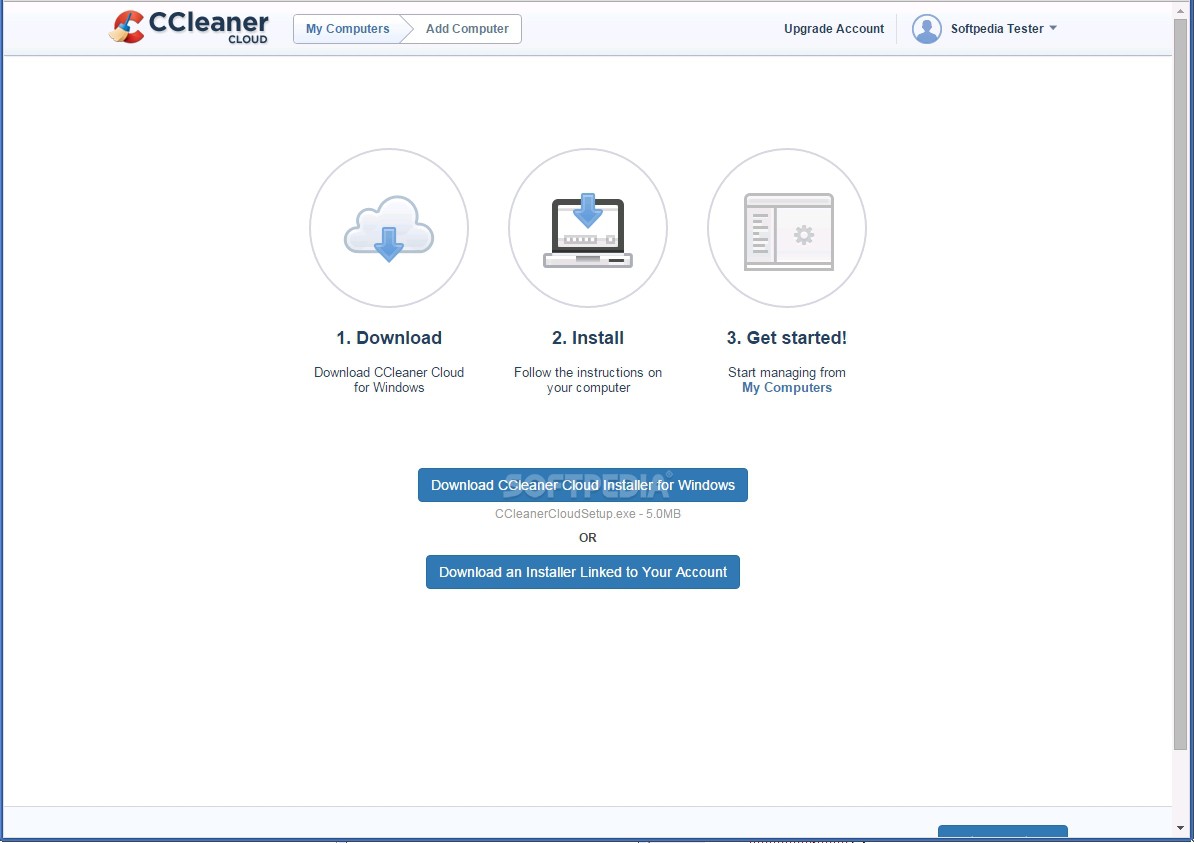

- #CCLEANER VS CCLEANER CLOUD UPDATE#
- #CCLEANER VS CCLEANER CLOUD UPGRADE#
- #CCLEANER VS CCLEANER CLOUD SOFTWARE#
For better or worse, we tend to view such companies as intrinsically better at self-security than other firms.
#CCLEANER VS CCLEANER CLOUD SOFTWARE#
A security product is the last place people expect to find a compromised software version, both because of the nature of the program and the fact that a security vendor is responsible for writing and maintaining it. Without more to go on, it’s impossible to assign blame for the incident, but the hackers probably made off pretty well. We want to thank the Avast Threat Labs for their help and assistance with this analysis.” The company describes the malware as a “two-stage backdoor capable of running code received from a remote IP address on affected systems.” Piriform notes that as of this writing, “we don’t want to speculate how the unauthorized code appeared in the CCleaner software, where the attack originated from, how long it was being prepared and who stood behind it. ”ĬCleaner is owned by Avast, the antivirus company, and has already issued a public apology and statement on the incident. It is developed by Piriform, which is remarkable for more reasons. Ideally this certificate should be revoked and untrusted moving forward. Any person who works or deals with computers knows about the software called CCleaner. Troublingly, the malware was digitally signed with an appropriate digital certificate Talos wrote, “the presence of a valid digital signature on the malicious CCleaner binary may be indicative of a larger issue that resulted in portions of the development or signing process being compromised. From August 15 to September 12, the 5.33 version of CCleaner was infected by a malware payload. CCleaner is a popular utility, with an average of five million downloads per week (over two billion downloads cumulatively). It removes unused files from your system - allowing Windows to run faster and freeing. Talos Intelligence has published a blog post detailing its research and findings, and they aren’t great. CCleaner is a freeware system optimization, privacy and cleaning tool.
#CCLEANER VS CCLEANER CLOUD UPDATE#
CCleaner Cloud users should have gotten an update already, but if you use CCleaner and don’t have automatic updates enabled, it would be a good idea to check the situation now. The infected payload affects two CCleaner products - CCleaner v and CCleaner Cloud v. Worse, the company distributed infected versions of its products for nearly a month before realizing the problem. CCleaner has even been hacked to contain malware.

CCleaner nags you to run it because the paid subscription can automatically run itselfyou’re paying to disable the nags. We haven’t been huge fans of CCleaner for a while now.
#CCLEANER VS CCLEANER CLOUD UPGRADE#
CCleaner, the temporary file cleaner and registry optimizer of generally dubious utility in this day and age, has been flagged as containing malware. We don’t recommend you upgrade to CCleaner 5.45.


 0 kommentar(er)
0 kommentar(er)
